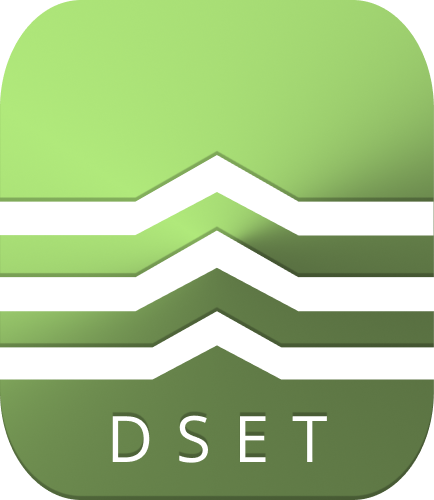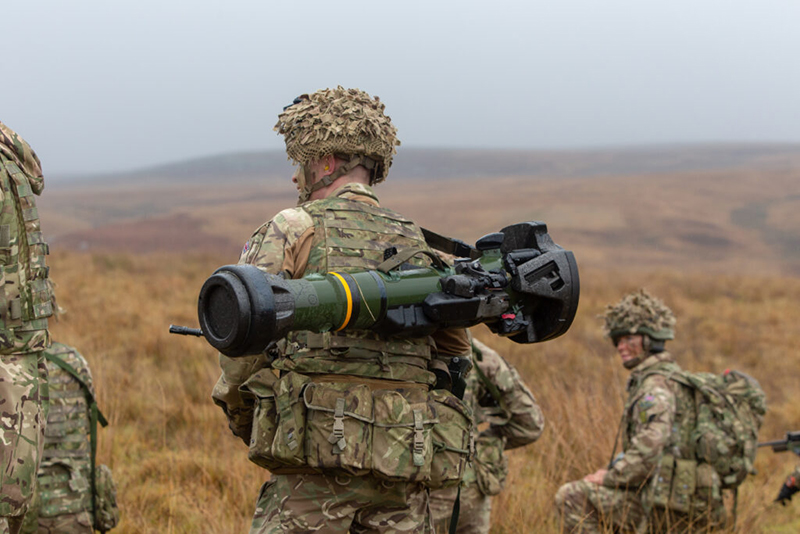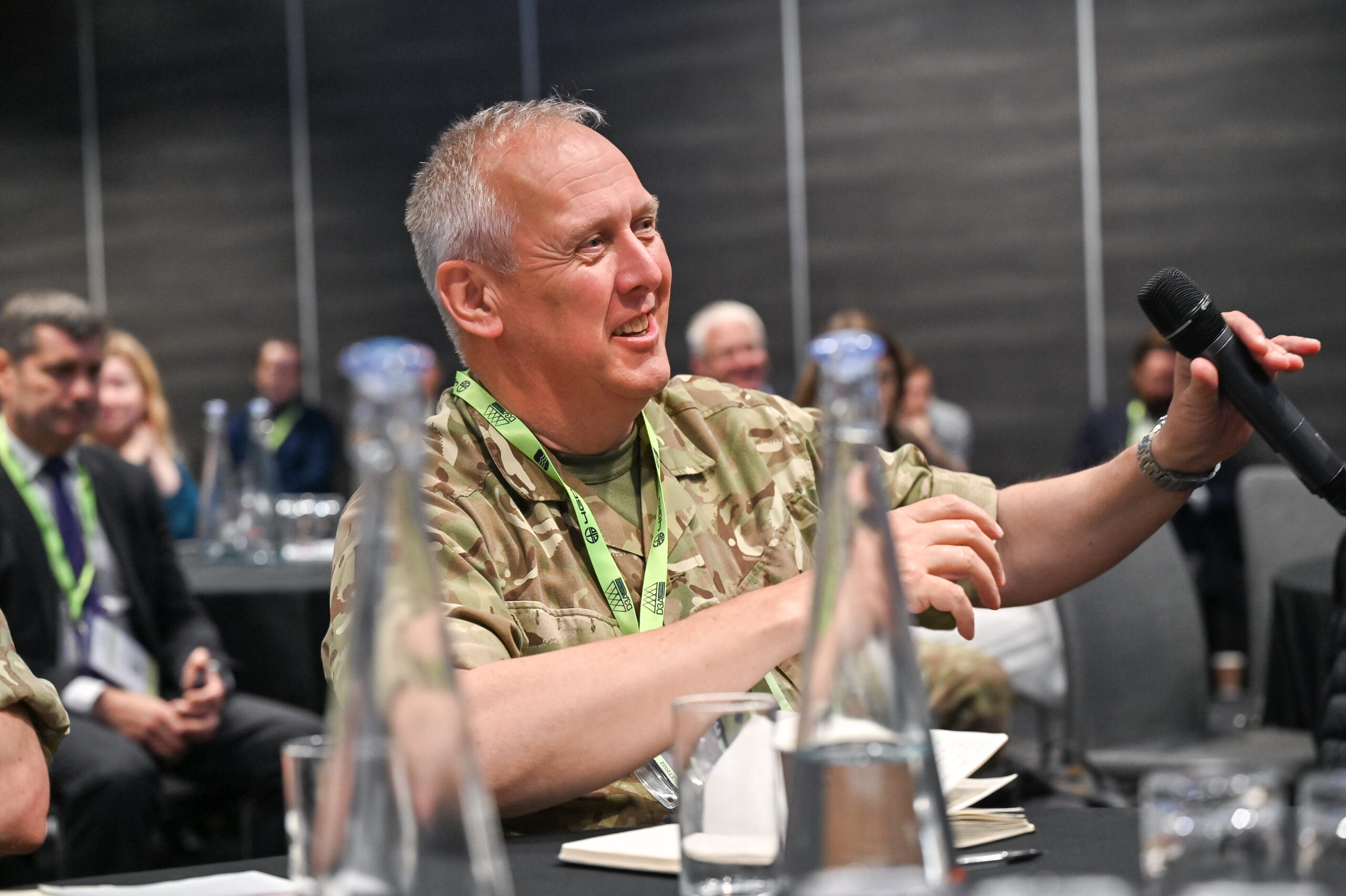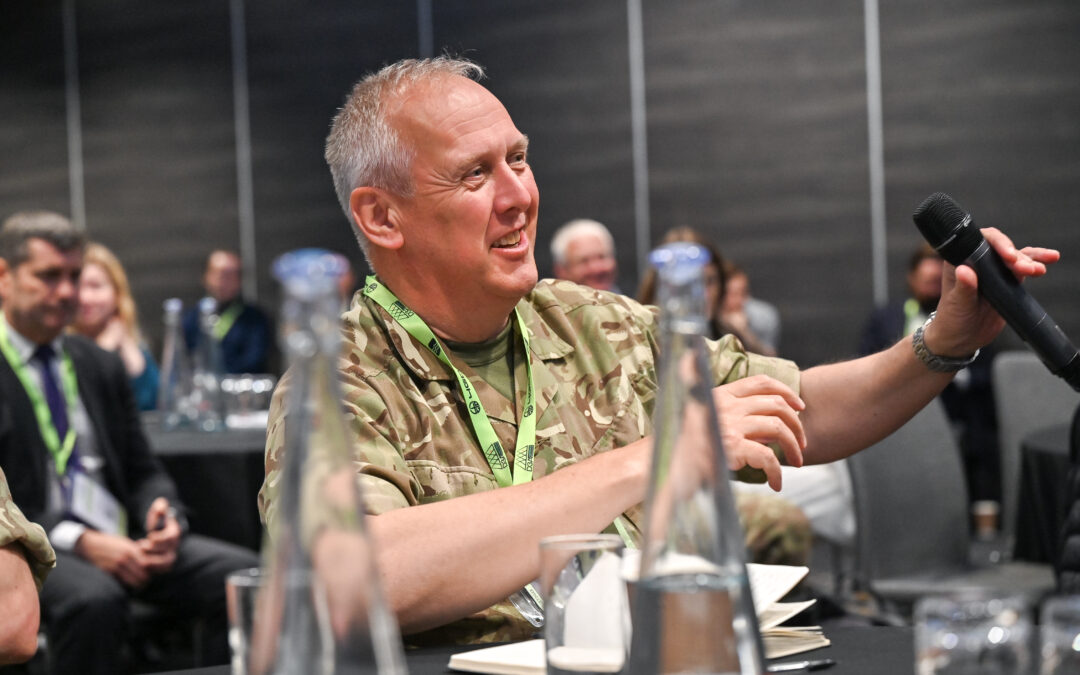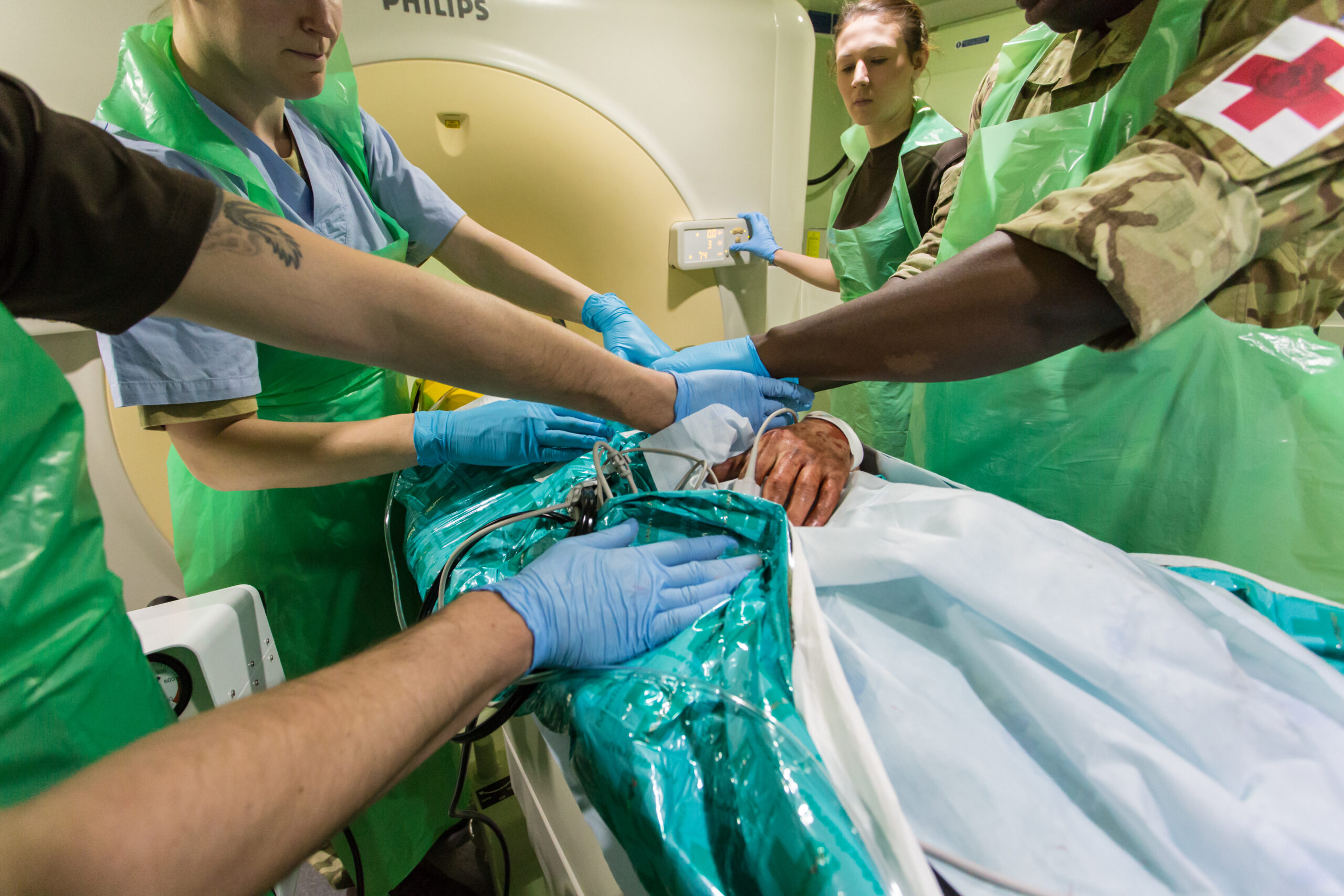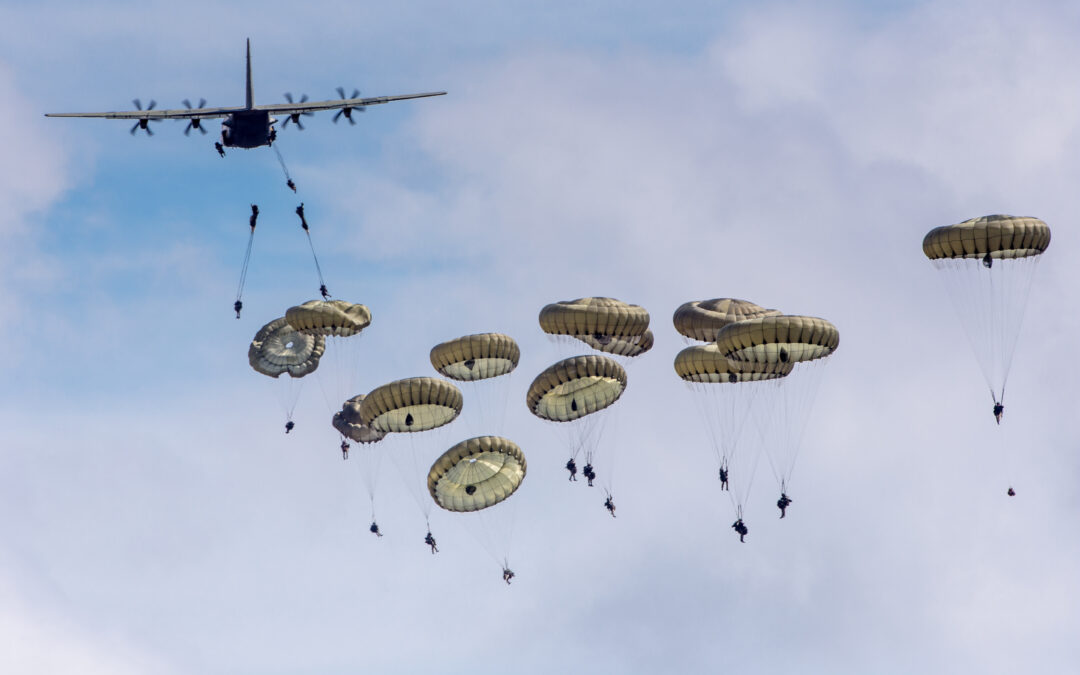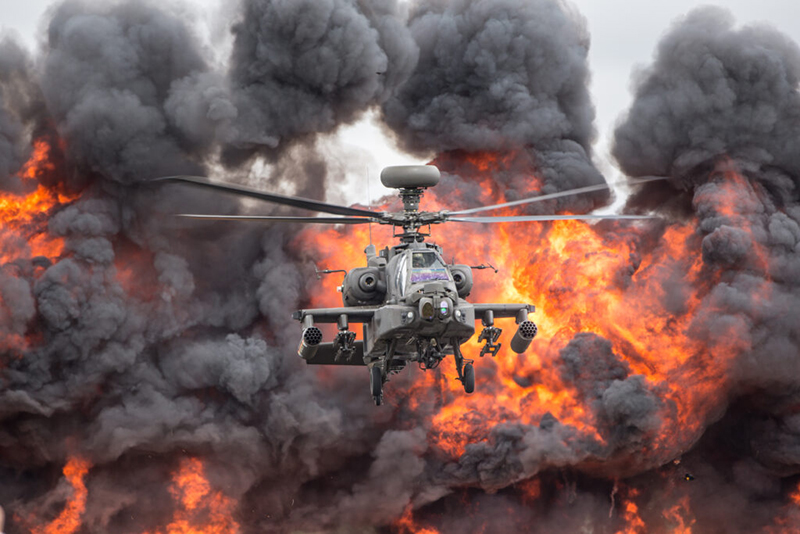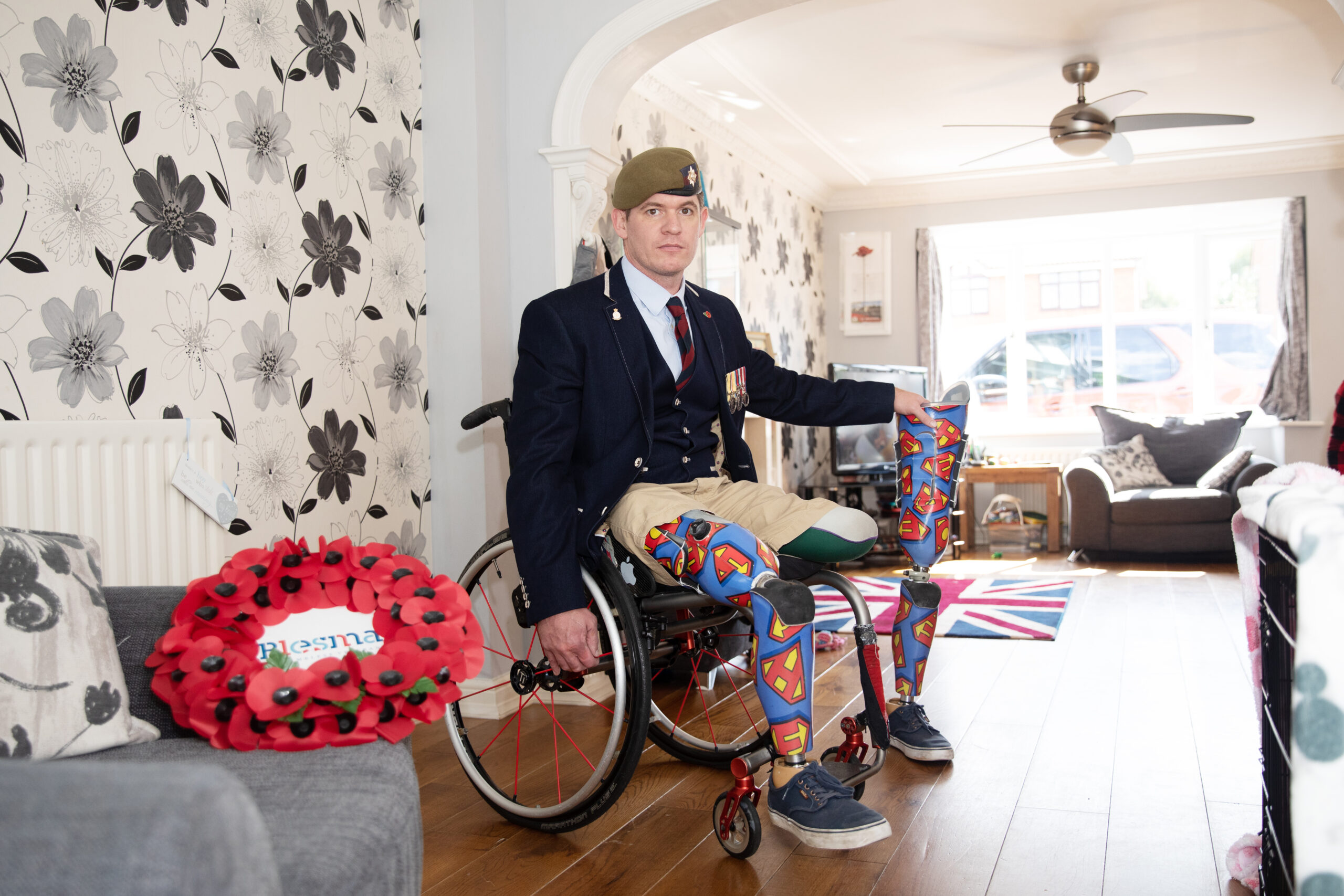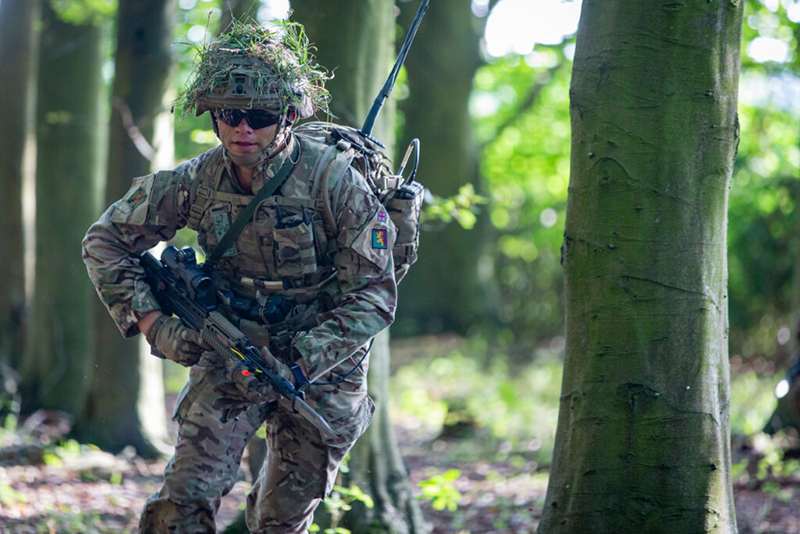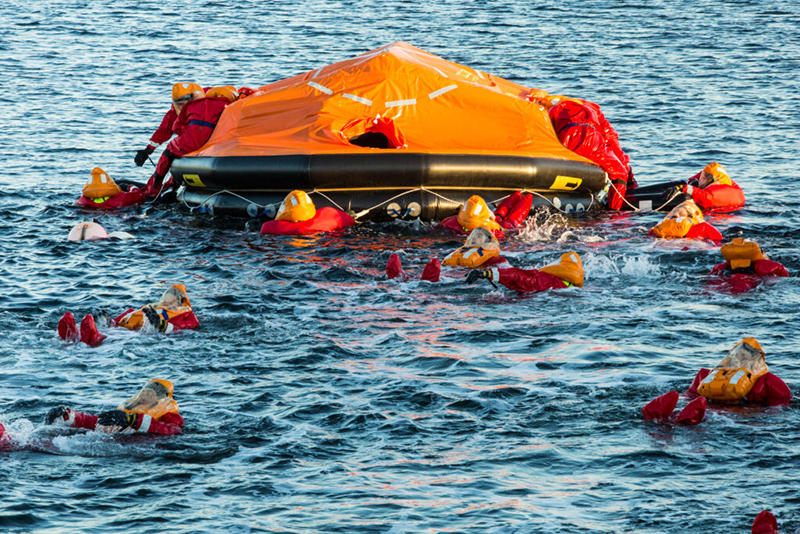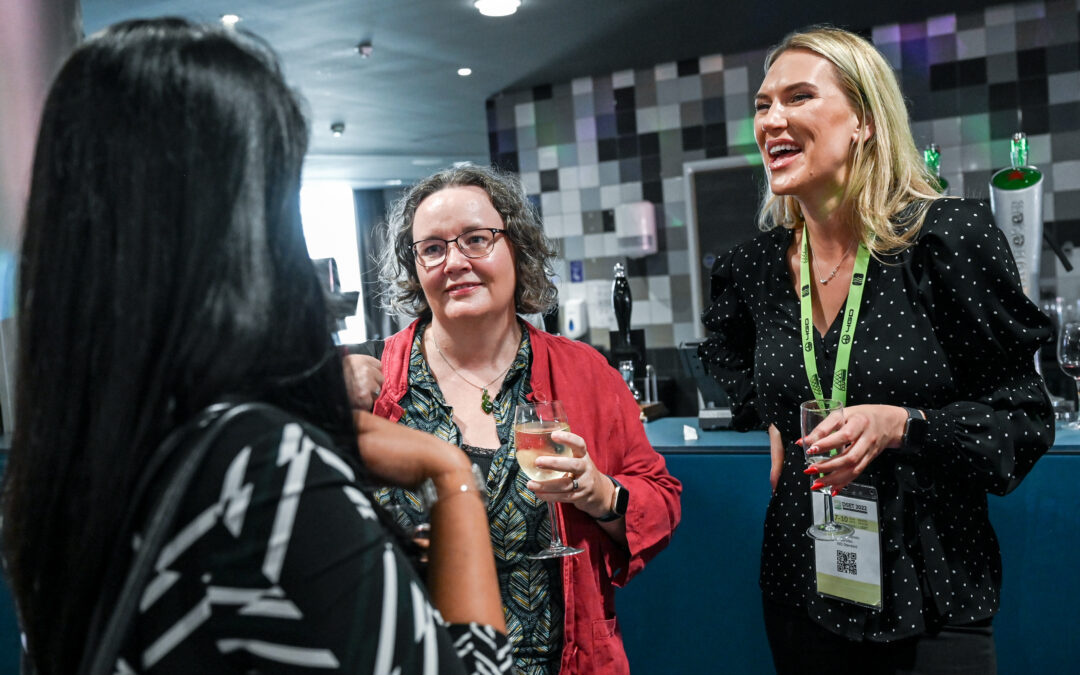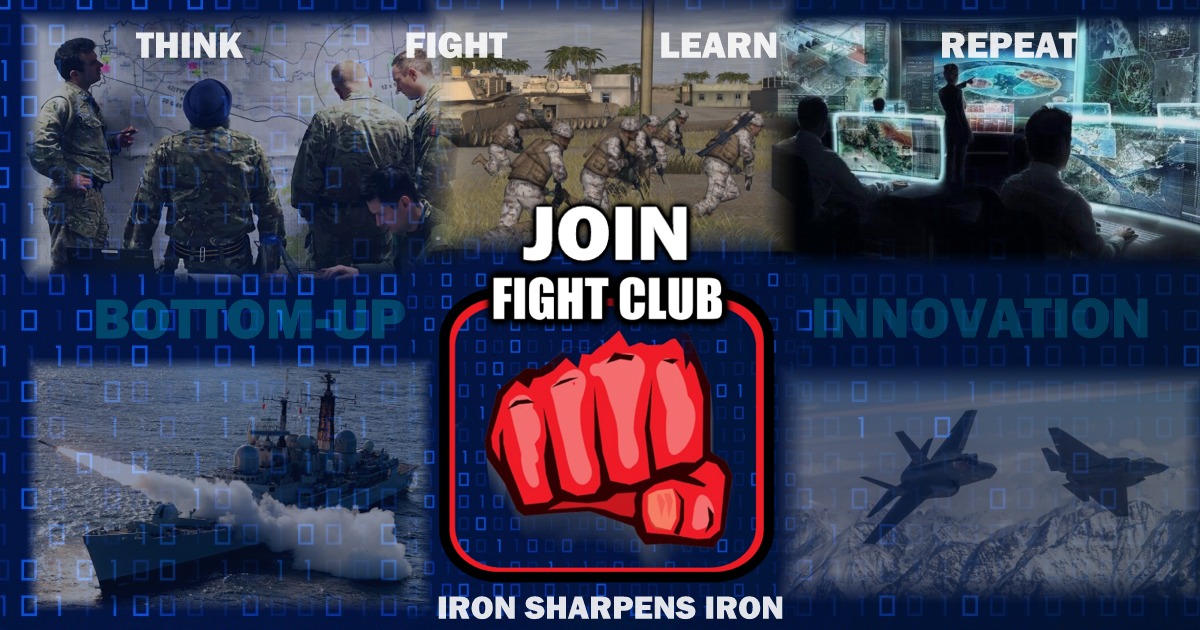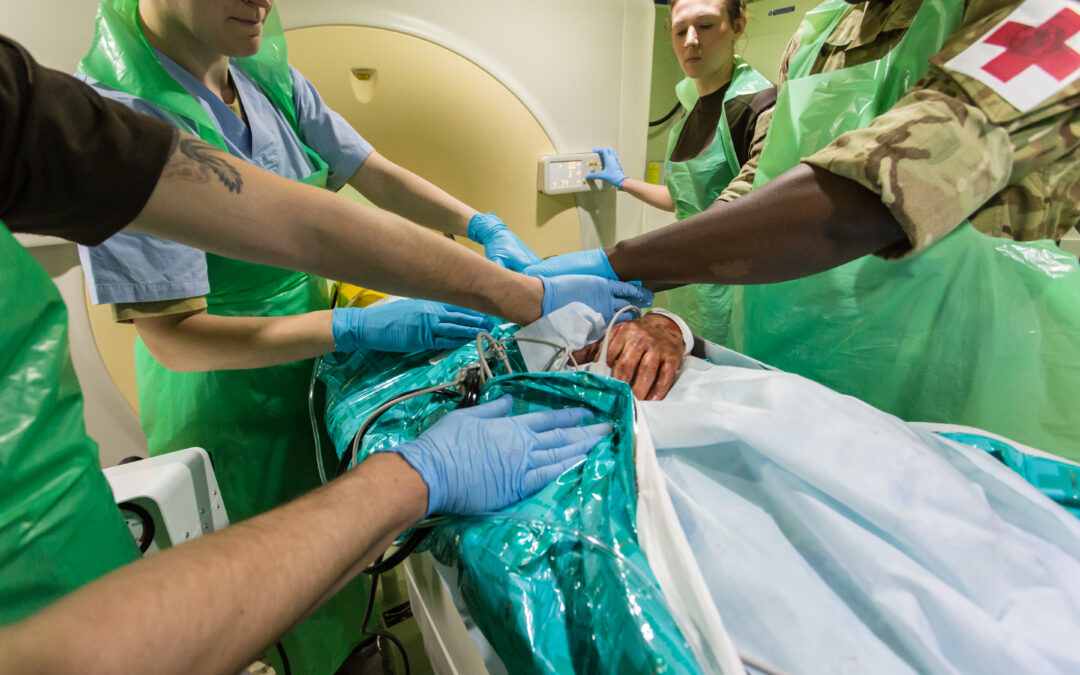
How Military Simulation Enhances Team Collaboration
Military simulation is a powerful tool for enhancing team collaboration. It allows teams to practice and rehearse strategies prior to executing them in real-life scenarios, enabling them to become more effective when the time comes. By working together through simulated environments, military personnel become familiar with each other’s roles and responsibilities which helps them work together more efficiently during operational missions. Let’s take a look at how military simulations help teams enhance their collaboration.
The Benefits of Team Collaboration
Team collaboration through military simulation allows teams to become comfortable with one another which increases trust and their overall performance on operations. Teams that are familiar with each other’s strengths and weaknesses can better execute plans, as well as provide timely assistance if necessary. Additionally, team collaboration promotes creative problem solving and helps identify areas of improvement before they become issues in real-world scenarios.
Military Simulation Games & Training Scenarios
Military simulation is used to construct training scenarios that mimic real-life conditions. These simulations create realistic situations which allow teams to practice how they will react and interact with one another when facing unknown challenges during missions or operations. Through these simulations, teams learn how to work together effectively while being able to adjust tactics quickly as needed. This helps ensure that teams will be able to react appropriately when unexpected events occur during actual operations.
Read more on this in The Power of Military Simulation for Strategic Training
The Role of Technology in Team Collaboration
Technology plays a significant role in modern day military simulations. Through virtual reality (VR) environments and augmented reality (AR) tools, teams can train more efficiently than ever before by immersing themselves into highly realistic scenarios in a controlled training environment. Additionally, technology delivers training exercises from multiple global locations, brigades, platoons and even across each service. Offering the ability to fully test and adjust operational strategies involving the British Army, Royal Air Force, Royal Navy and Allied Nations.
Familiarity with Each Other’s Roles and Responsibilities
Military simulations help teams understand each other’s roles and responsibilities before they are out in the field. Allowing them to practice various strategies in different scenarios, so they can be better prepared. This results in more effective planning, anticipation of possible challenges and team cohesion whilst on operations.
Improving Communication Skills Through Simulation Exercises
Simulations also help improve communication between team members. By working together under simulated environments, team members master communicating effectively with one another, which makes it easier for them to collaborate during actual operations. Furthermore, simulating different scenarios can help teams recognize potential mistakes or issues that could arise in certain situations, enabling them to act accordingly when they encounter similar circumstances on the field.
Simulations also enable teams to improve their communication skills by practicing verbal and nonverbal communication techniques such as body language or facial expressions which are essential when working together as a team. They also help teams build trust since they have an opportunity to practice working together. This creates an environment where everyone feels comfortable speaking up about any potential issues or ideas which increases overall effectiveness of the team when it comes time for actual operations.
Increased Adaptability Through Simulated Environments
Simulations enable teams to become more adaptable by allowing them to practice responding quickly and effectively in various situations without putting anyone’s life at risk. This helps teams gain experience responding appropriately in different environment. In addition, simulations can provide an opportunity for teams to adjust their strategies based on feedback from teammates or external sources such as commanders or superiors, enabling them to become even more effective when the time comes for real-world deployment.
Develop Strategies & Tactics
Military simulation also enables teams to develop strategies and tactics that are tailored specifically for the task at hand. The simulations allow teams to simulate various scenarios so that they can test different approaches before settling on one that works best for the mission. This process allows teams to identify flaws in their strategy early on so that they can make adjustments accordingly when needed. It also gives them a better idea of what resources will be needed during the mission as well as what risks may arise that need to be taken into account when planning their approach.
Military simulation is an invaluable tool for enhancing team collaboration by allowing teams to rehearse strategies, understand roles and responsibilities, develop tactics, and improve communication skills all within a safe environment prior to executing any plans in real-life scenarios. By utilising simulation, teams can become more effective during operations, leading to successful defence missions.
In today’s world, collaboration is key. At DSET we work with the military, public sector, industry and academia to deliver an unrivalled conference experience bringing together the best minds in Defence Simulation, Education, and Training. Register to attend here.
Image Credit: Defence Photography
